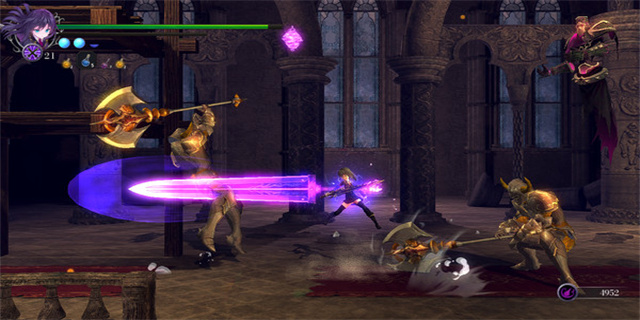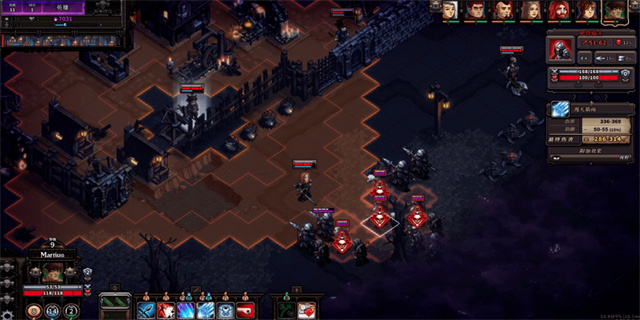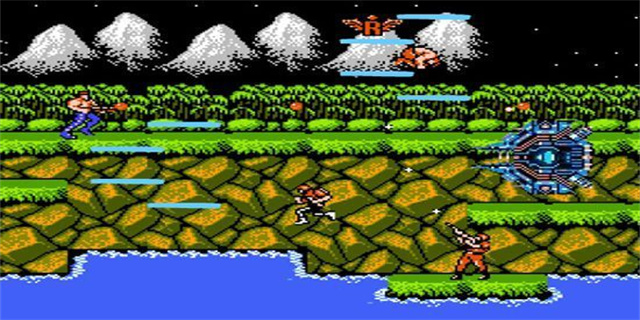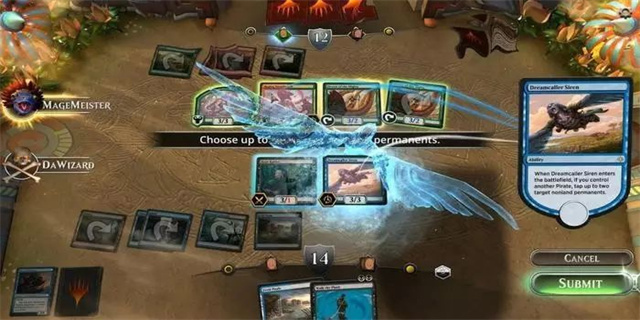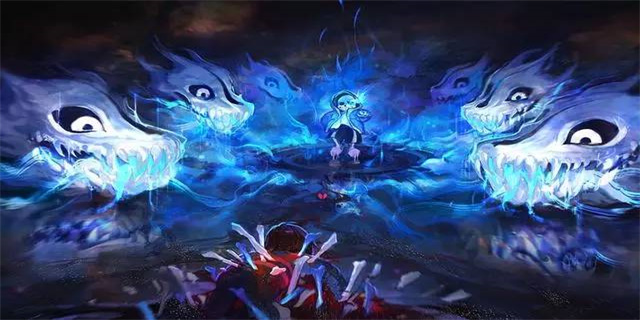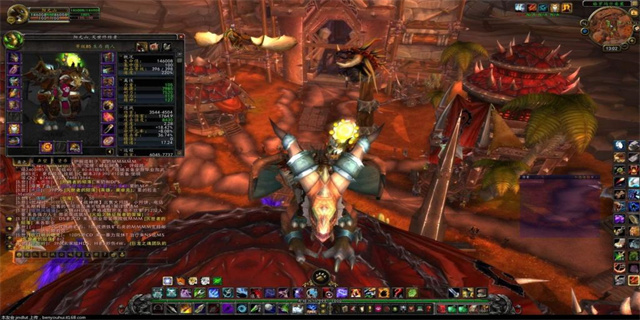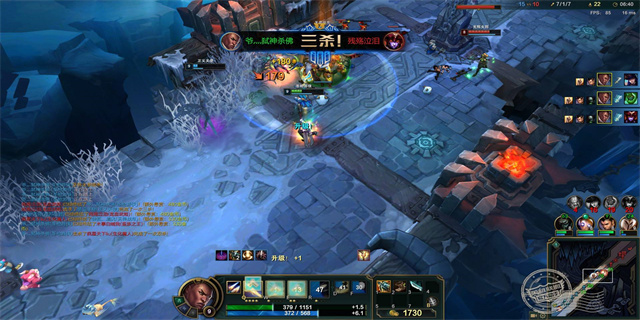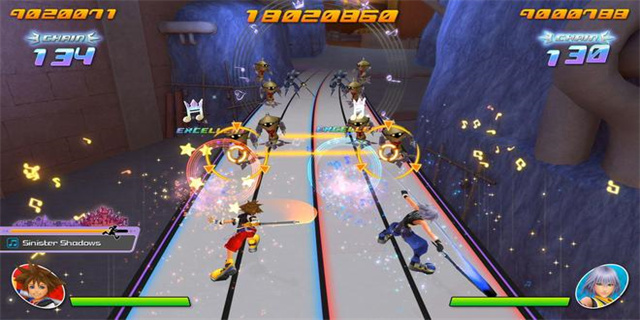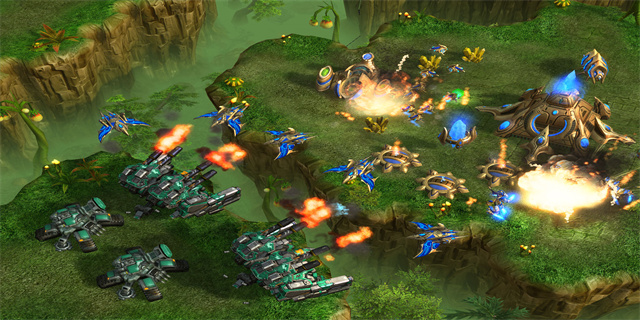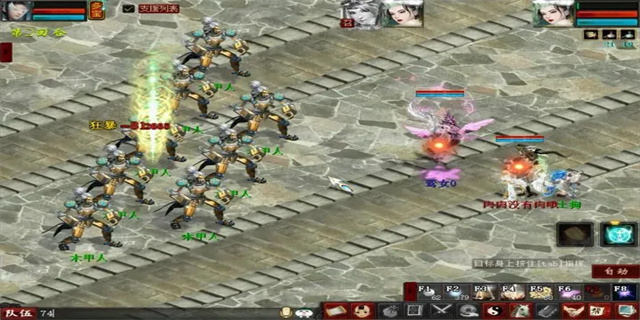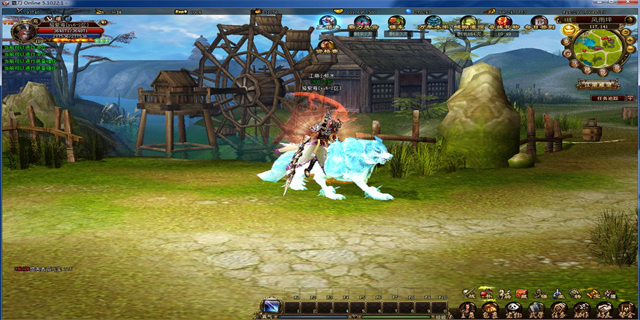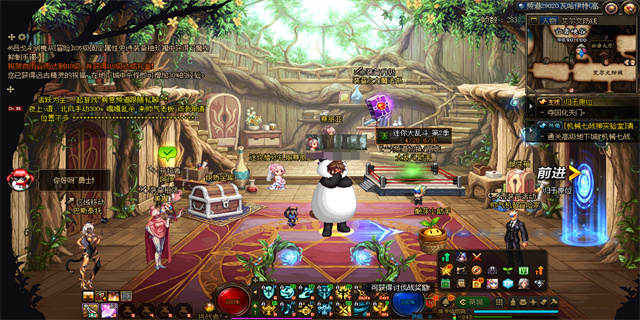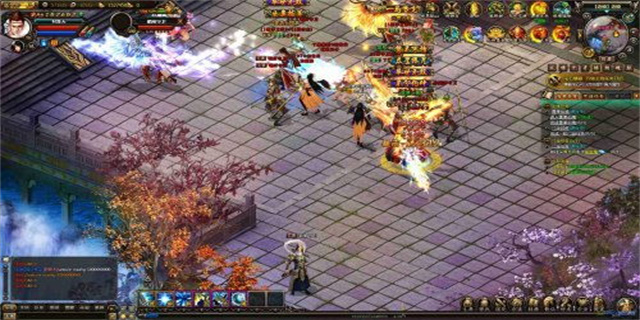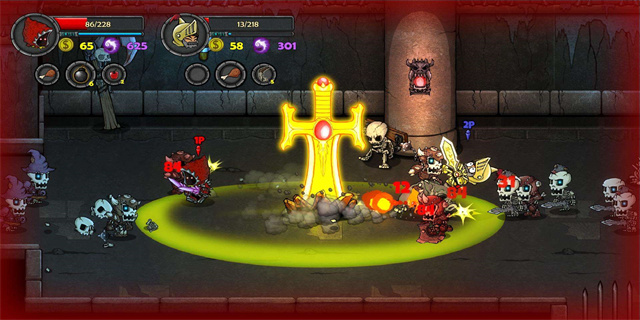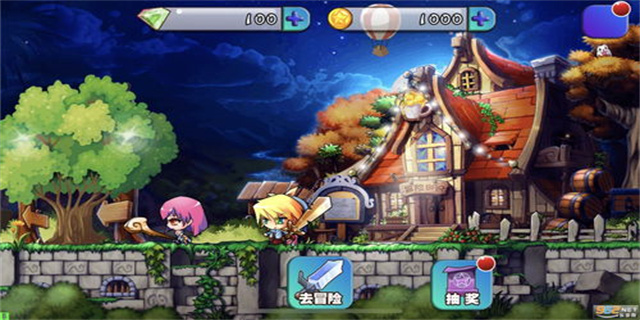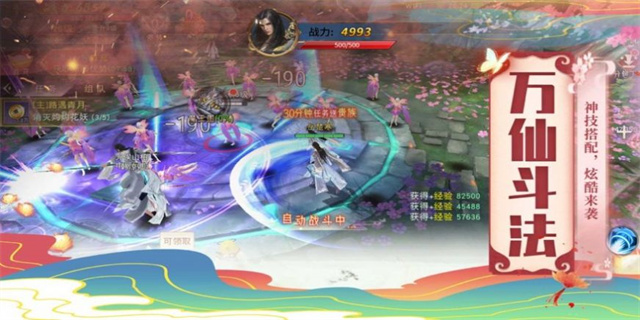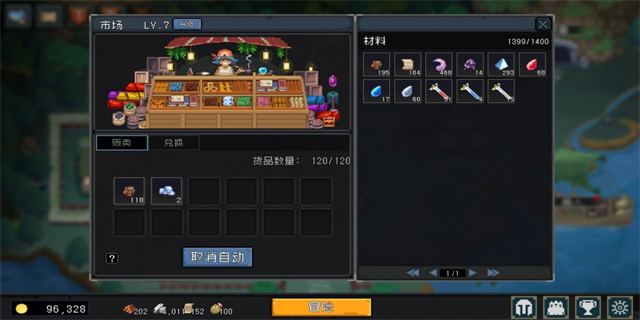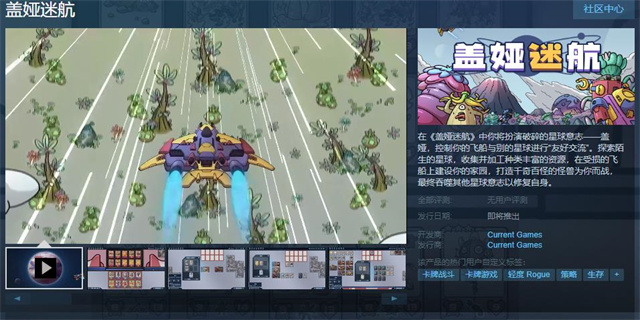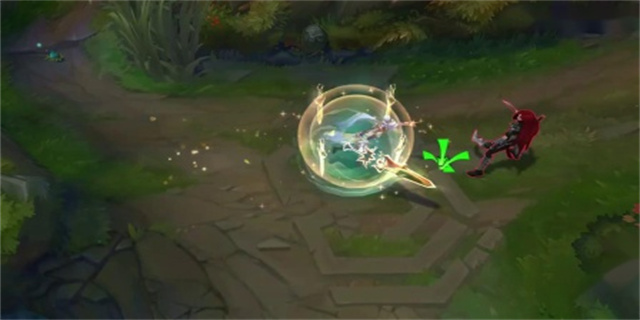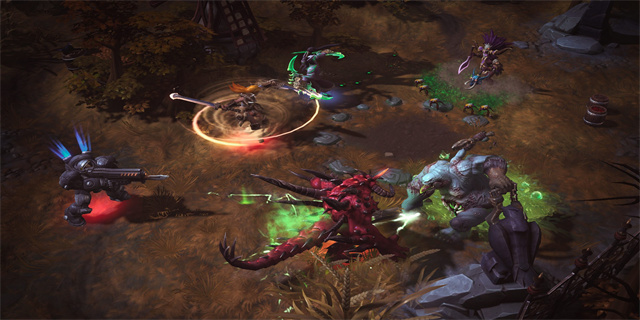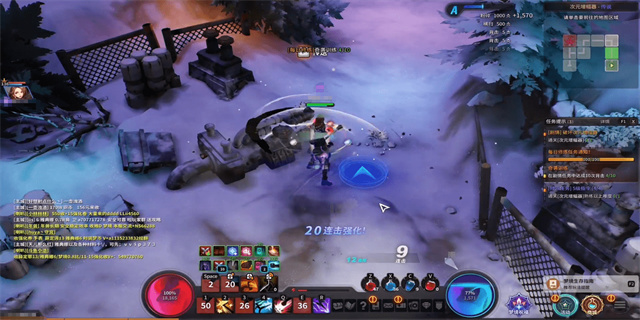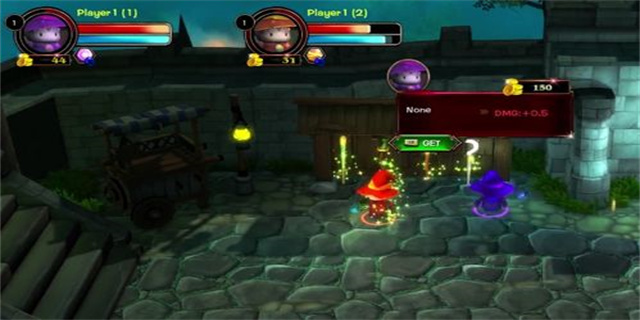Rape Day: A Disturbing Online Game
Introduction
Rape Day is an online game that has sparked significant controversy and outrage since its announcement in early 2019. The game is designed to be violent, sexually explicit, and focuses on the act of rape. Here, we explore the nature of the game, its potential impacts, and the broader questions it raises about the boundaries of art, freedom of expression, and responsibility in the digital age.
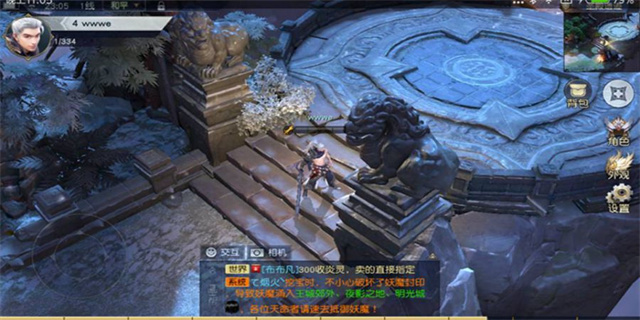
The Controversy Surrounding Rape Day
One of the main reasons for the widespread outrage about Rape Day is its graphic and explicit content. The game's premise revolves around the player assuming the role of a serial rapist during a zombie apocalypse. The player is presented with choices that involve engaging in sexual assault, violence, and controlling the actions of non-consenting individuals. Expectedly, this has sparked intense criticism from those concerned about the promotion and glorification of violence and rape in popular media.

The Impacts of Rape Day
The effects of Rape Day on individuals and society as a whole cannot be overlooked. Research has consistently linked exposure to violent and sexually explicit media to increased aggression, desensitization, and negative attitudes towards women. Rape Day intensifies these concerns by adding a realistic interactive element, making players responsible for committing heinous acts of violence and violation. This type of content is not only deeply disturbing but also potentially dangerous, perpetuating harmful beliefs and behaviors in the real world.
Artistic Expression or Unacceptable Entertainment?
The controversy surrounding Rape Day inevitably raises broader questions about the limits of artistic expression and freedom. Advocates argue that art often tackles uncomfortable and controversial subjects, and that censoring or banning works like Rape Day infringes upon artistic freedom. However, critics argue that there should be a line drawn between artistic expression and exploitative content that promotes violence and harm, especially towards vulnerable individuals. The challenge lies in determining where that line should be and how to navigate the murky waters of responsible artistic creation in the digital age.
Conclusion
Rape Day is undoubtedly a disturbing and offensive game, and the outrage and backlash it has sparked are completely understandable. It stands as an extreme example of the potential dangers and ethical questions that arise in the realm of digital entertainment. While some may argue for the absolute freedom of artistic expression, it is crucial to consider the potential harm such content can inflict on individuals and society. Striking a balance and promoting responsible artistic creation in the digital age is essential to protect vulnerable populations and ensure a healthier and more respectful media landscape for all.
Note: Please note that this text is for demonstration purposes only and does not endorse or support the mentioned game or its content.